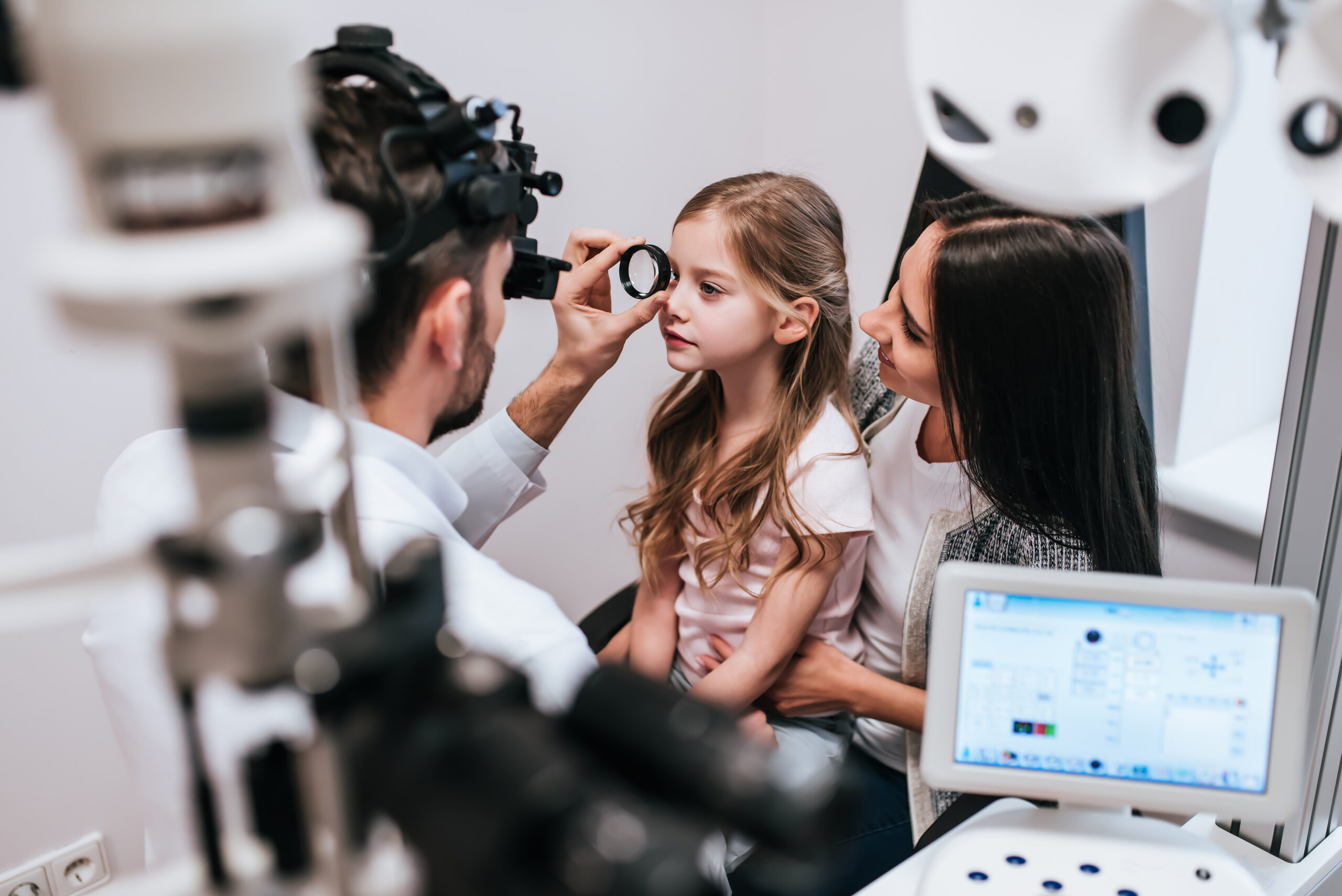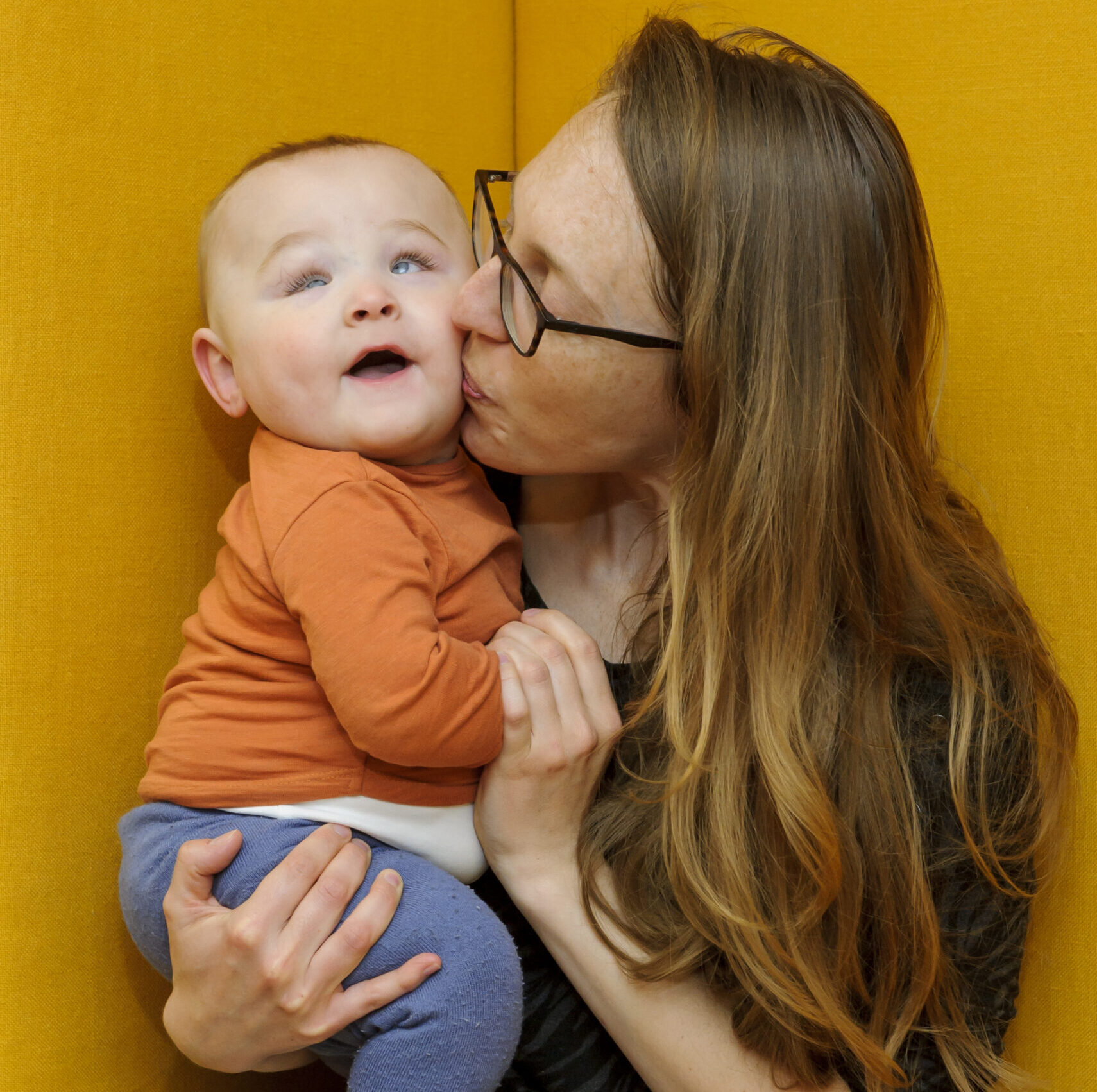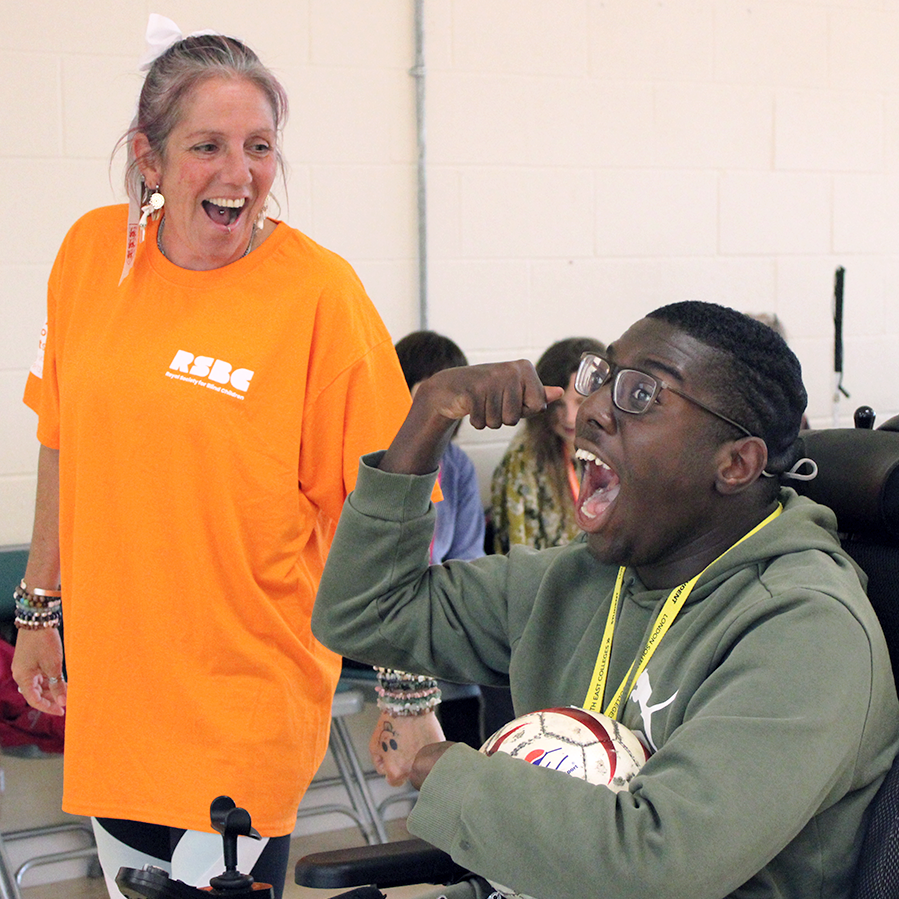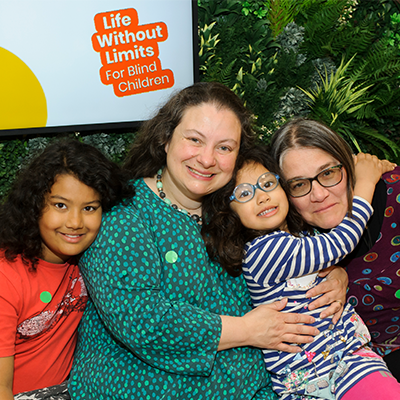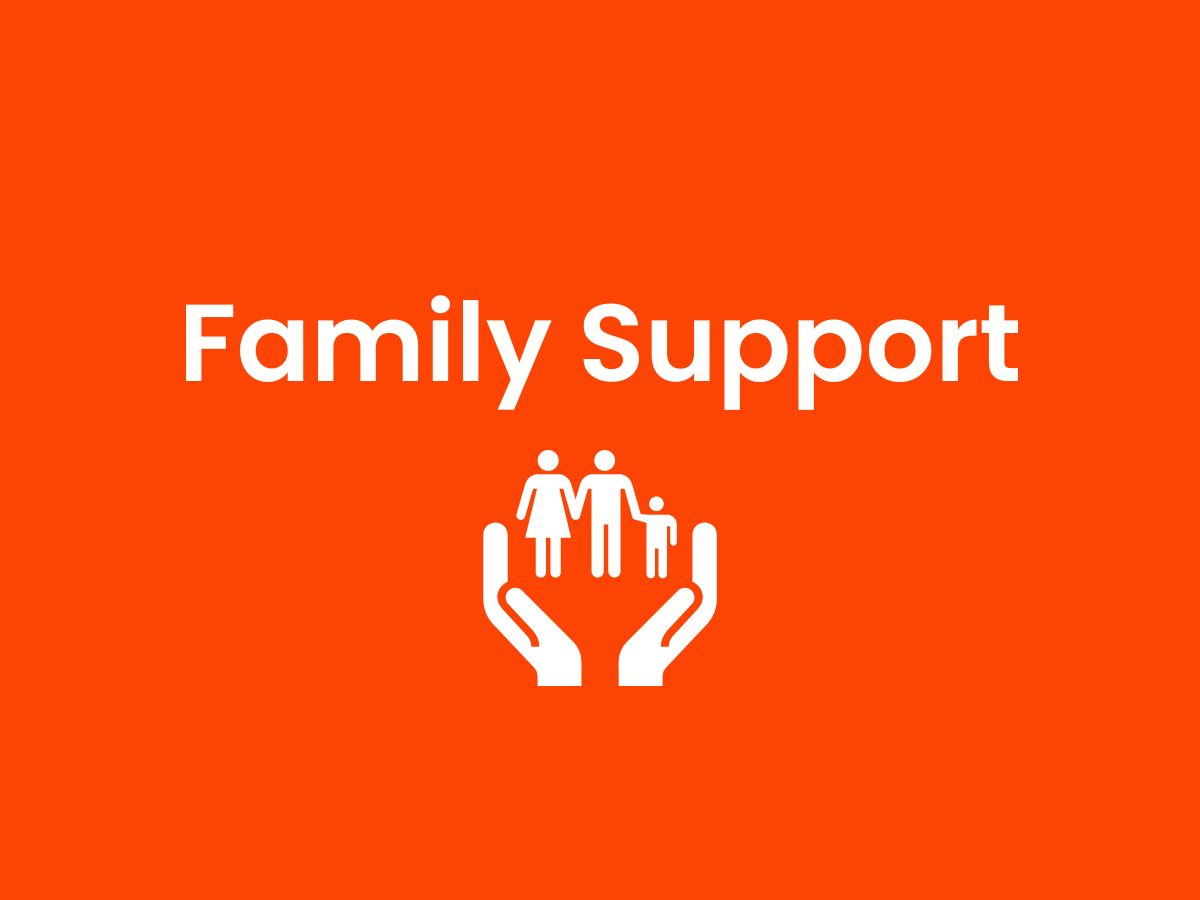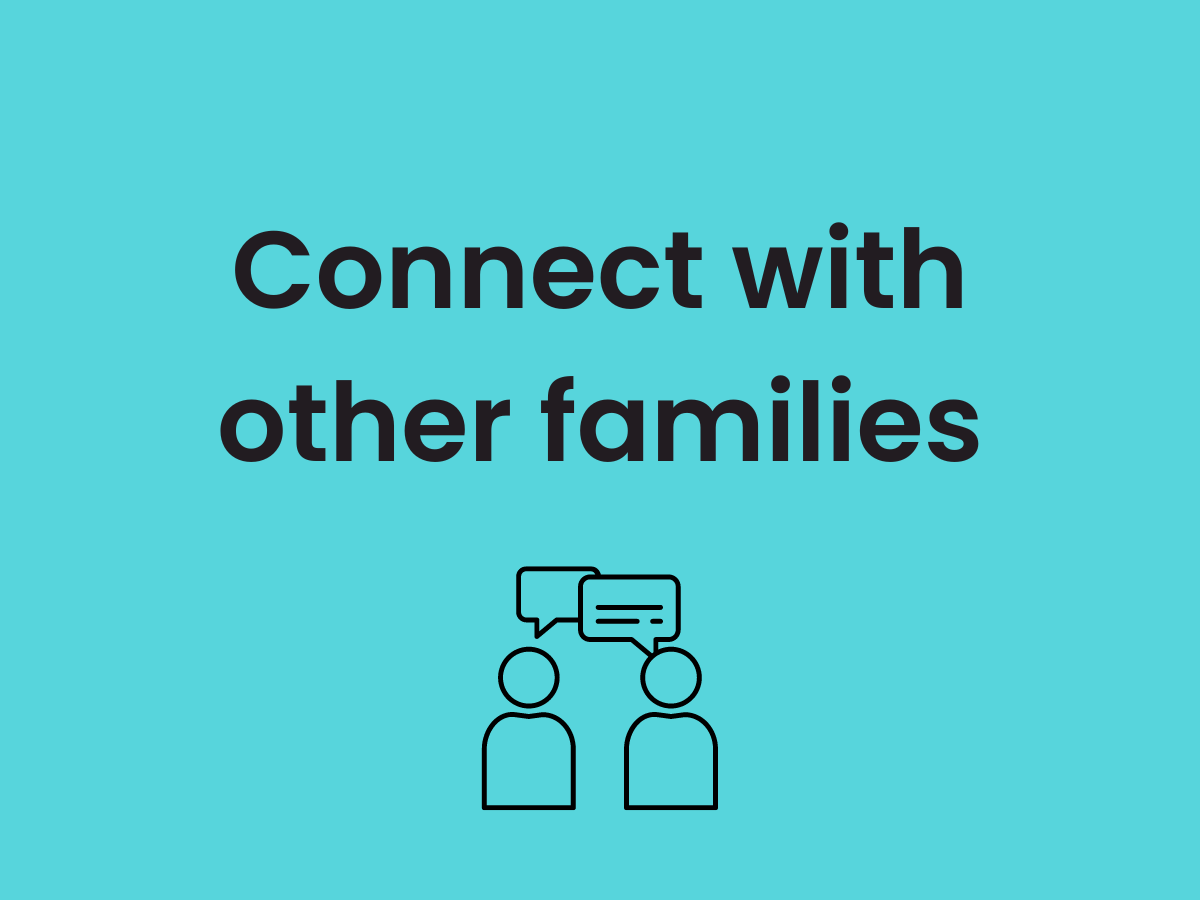Advice and guidance
for families of blind and partially sighted children and young people
If you’re looking for some help and guidance about what benefits you or your family might be eligible for, the grants that might be available, or the support you should be receiving locally, then our Advice and Information service can help.
What help can I get for my vision impaired child and my family?
We can advise you on a range of benefits, such as:
- Disability Living Allowance (DLA)
- Personal Independence Payment (PIP)
- Carers Allowance
- Universal Credit
We can help you complete the application forms, although we’ll always encourage you to do as much as you can yourself to help you become more independent.
We also can help you find assistance for essential items in your home if you’re struggling financially.
If you’re vision impaired and aged 16 or over, it’s important to make sure you get all the financial help you may be entitled to. If your claim is successful, your money can be paid directly into your bank account, and it’ll be backdated to the date of your initial application. Depending on your condition and circumstances, you could be entitled to these benefits.
Are you?
- Personal Independence Payment
- Disabled Student’s Allowance – Designated higher education courses
- 16-19 Education Bursary fund
- Housing Benefit – university students living away from home (in some cases)
- Universal Credit (in some cases)
- Personal Independence Payment
- New Style Employment Support Allowance
- New Style Job Seekers Allowance
- Universal Credit
- Personal Independence Payment
- Access to Work
- Blind Person’s Allowance
- Working Tax Credit (existing claims only)
- Universal Credit
- VAT Relief to buy products specifically designed for people with a disability
Depending on your condition and your circumstances, these are the main benefits that vision impaired young people could be entitled to:
- Personal Independence Payment (PIP) – Provides a contribution towards the extra costs you face in order to live a full and active independent life. How much you receive is based on how your condition affects you, and not the condition itself.
- Access to Work – Aims to help disabled people start or stay in work, including moving to self employment or starting a business. It can provide practical and financial support if you have a disability or long term physical or mental health condition. Claiming the Access to Work benefit does not affect your other benefits.
- Blind Persons Allowance – If you’re in employment, you can earn up to £2,320 more before you start paying income tax on top of your personal allowance.
What other help might my family be entitled to?
If you or your child is blind or partially sighted, you might qualify for other financial support
Transport and getting around:
- Disabled bus pass– You can apply for this through your local authority
- Blue badge– To park in disabled spaces
- Vehicle tax exemption or reduction– If you have your own car, have a nominated driver and are in receipt of higher mobility Disability Living Allowance(DLA) or enhanced rate mobility for Personal Independence Payment(PIP).
- Leasing a car, powered wheelchair or scooter– If you’re in receipt of a high rate Disability Living Allowance mobility component or enhanced rate mobility for Personal Independence Payment(PIP).
- Disabled railcard– Get 1/3 off adult rail fares and, if you’re travelling with another adult, they’ll get a 1/3 off, too.
- Freedom Pass– If you live in London, a Freedom Pass allows free travel across the city. You can apply through your local authority
Healthcare
If you or your parent/guardian are in receipt of certain benefits, you may be entitled to the following:
- Free prescriptions
- Free dental treatment
- Free sight tests for your parents or guardian
- TV licence discount
You can get advice on money and debt from Money Advice. They also offer live web chat. This can be busy, but do keep trying.
Carer’s Allowance
Carer’s Allowance is a benefit for people who look after a disabled person. Only one parent can claim for Carer’s Allowance.
You will qualify for Carer’s Allowance if you:
- Are aged 16 and over.
- Are caring for someone who is receiving the highest or middle rate of Disability Living Allowance care component, or any rate of the Daily Living Component of Personal Independence Payment.
- Provide care for at least 35 hours a week (any time).
- Are not earning more than £151 a week.
- Are not a full-time student.
- Satisfy certain residence conditions and are not a person subject to immigration control.
How to apply?
- Complete the online form
- You’ll receive a letter within a few weeks. Called the ‘award letter’, it will tell you what you’re entitled to, how much it is, and when you’ll get your first payment.
How do I get in touch?
Benefits can be confusing. If you’d like some advice, please speak with one of our specialist benefits advisers. They can also help you complete the application forms and support you in challenging any decisions.
If you are a parent or guardian, or vision impaired yourself and aged 16 – 25, then please call 020 3198 0225 or email connections@rsbc.org.uk
